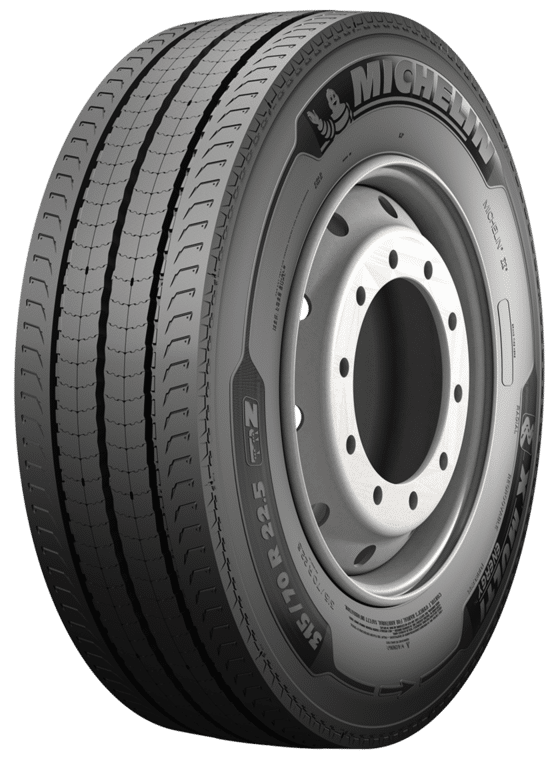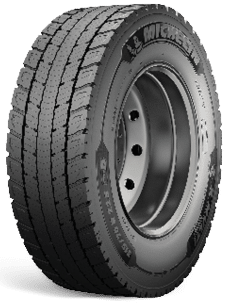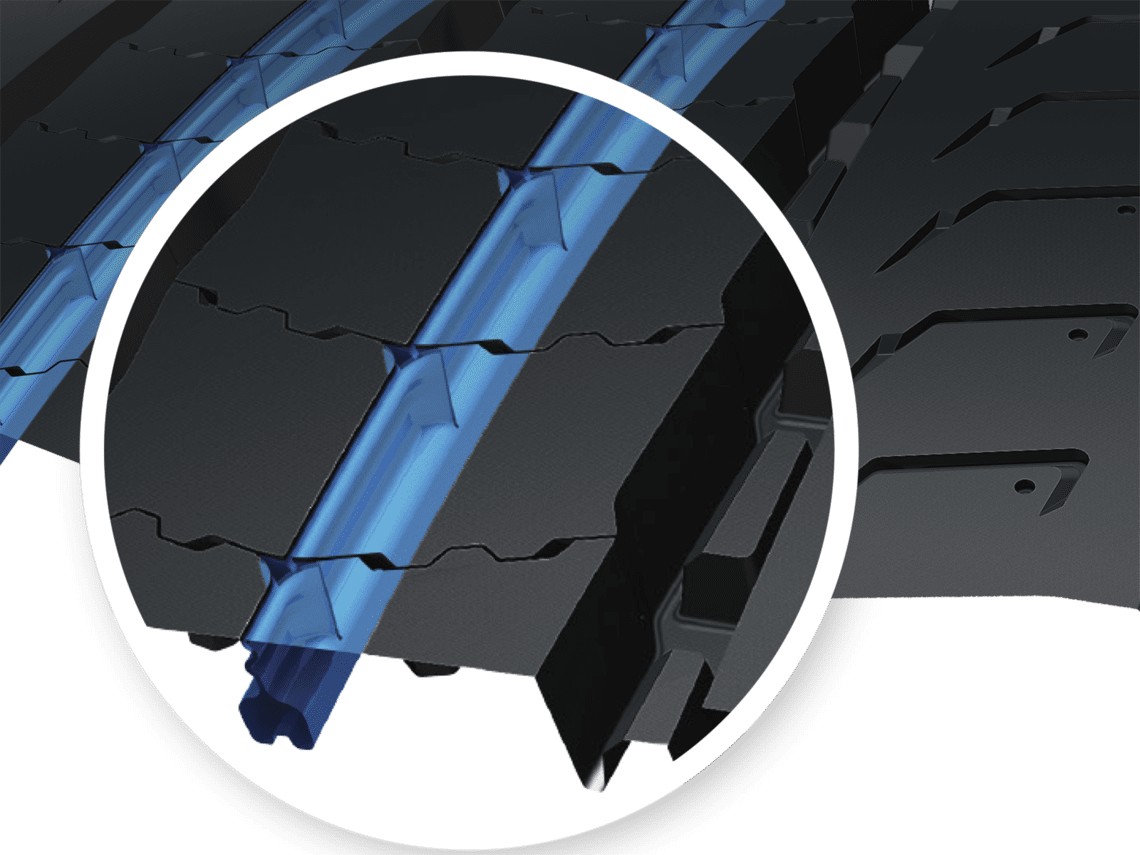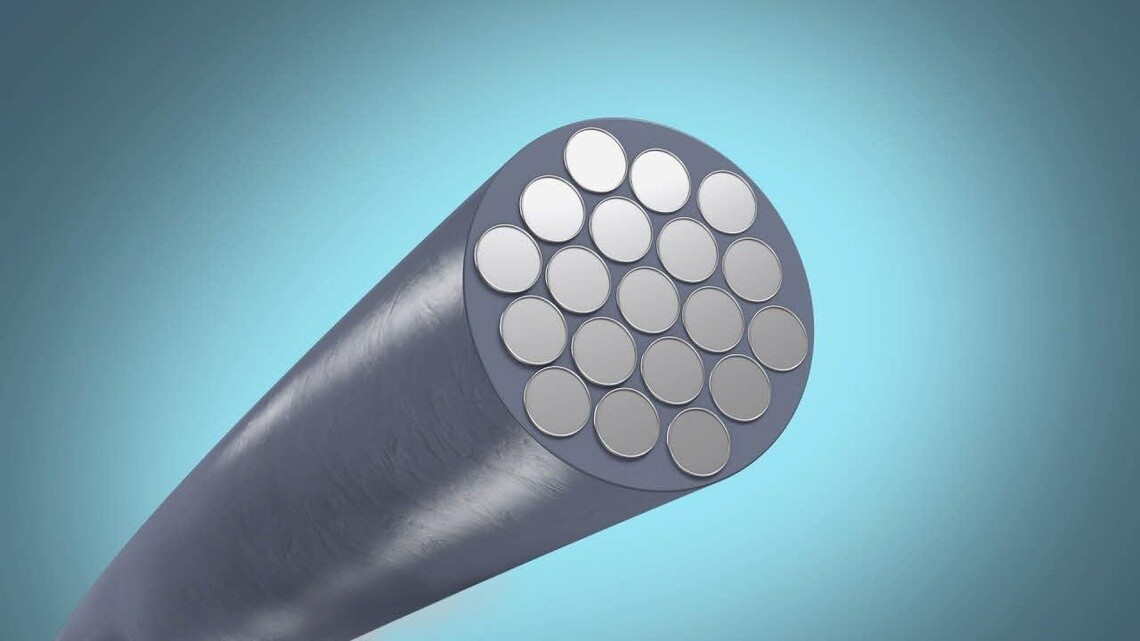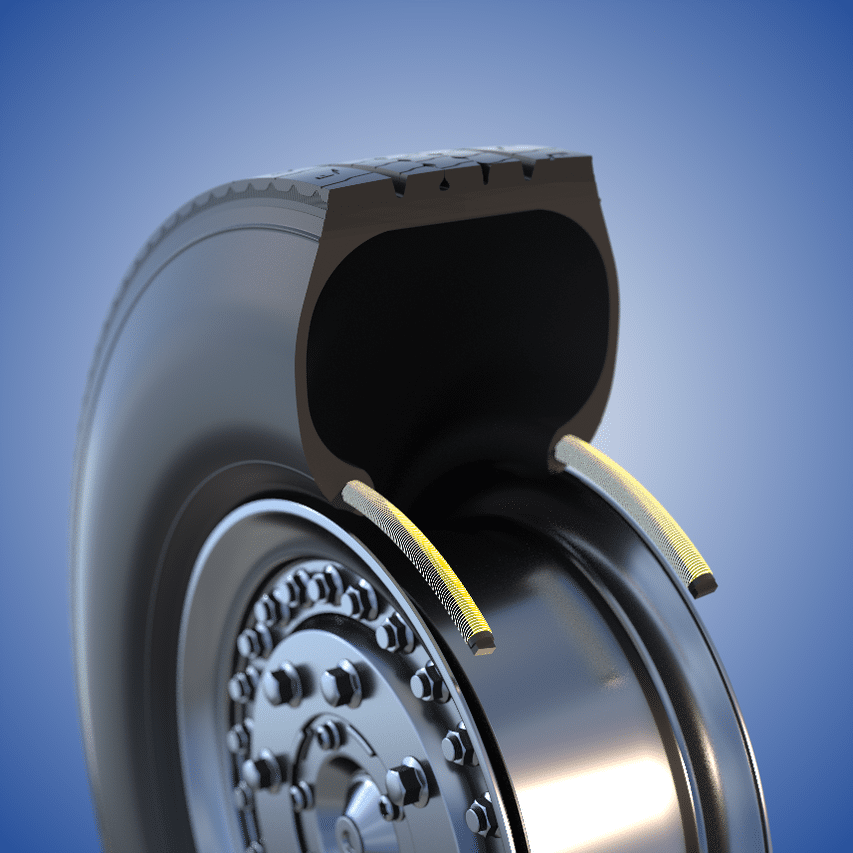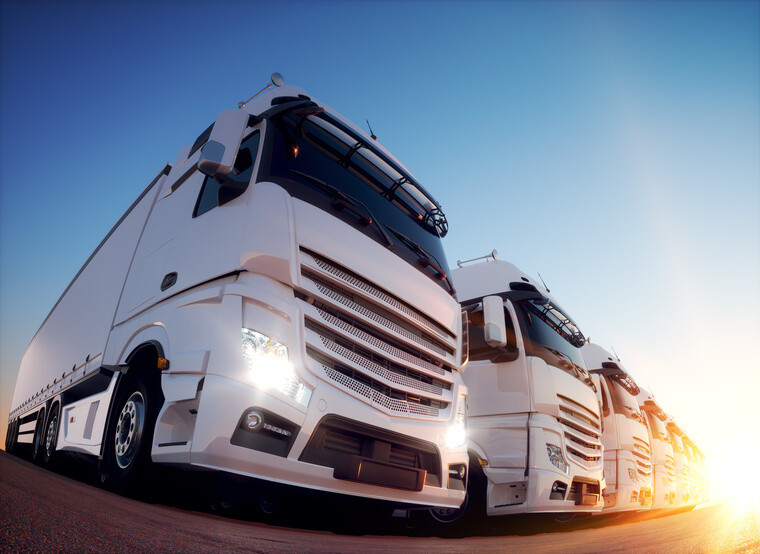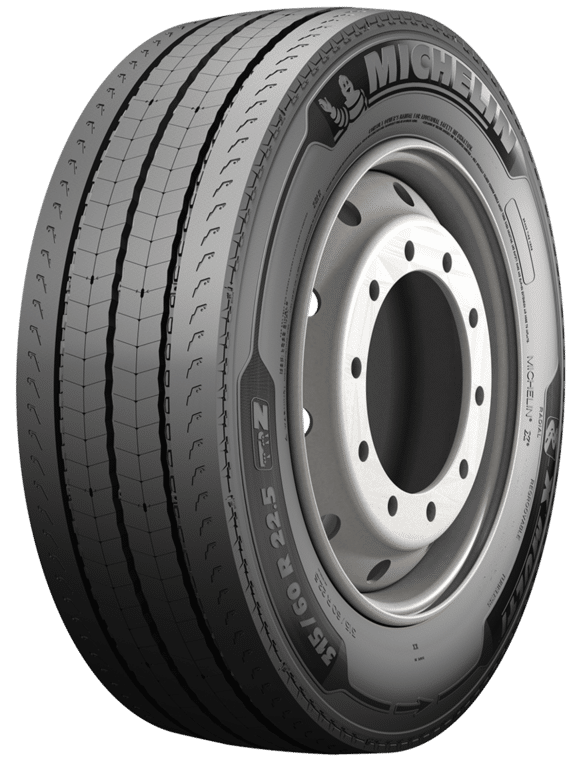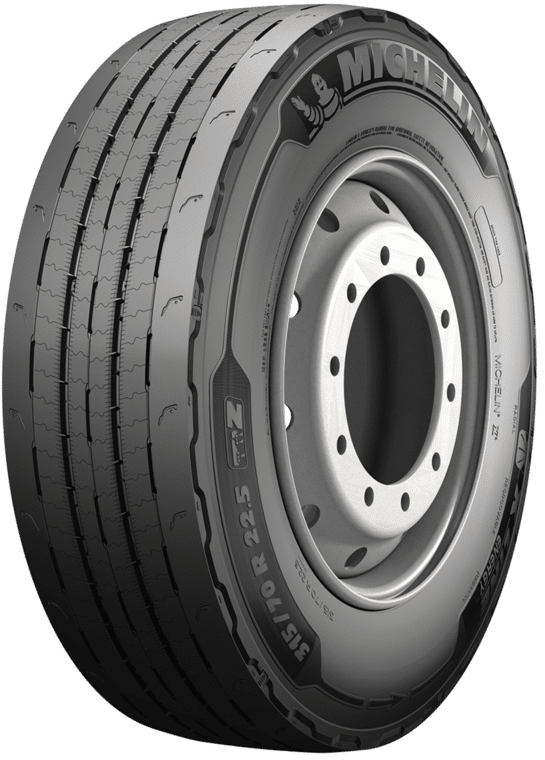(1) -1.1 L/100 km and -2.84 kg CO2/100 km for 315/70 R 22.5 MICHELIN X® MULTI™ ENERGY™ Z & D vs 315/70 R 22.5 MICHELIN X® MULTI™ Z & D ; -0.7 L/100 km and -1.8 kg CO2/100 km for 315/80 R 22.5 MICHELIN X® MULTI™ ENERGY™ Z & D vs 315/80 R 22.5 MICHELIN X® MULTI™ Z & D. -0.8 L /100 km and -2.2 kg CO2/100 km for 295/80 R 22.5 MICHELIN X® MULTI™ ENERGY™ Z & D vs 295/80 R 22.5 MICHELIN X® MULTIWAY™ 3D XZE/XDE; -0.4 L/100 km and -1.1 kg CO2/100 km for 295/80 R 22.5 MICHELIN X® MULTI™ ENERGY™ Z & D vs MICHELIN XZA2®/XDA2+® ENERGY. Certifi ed value using VECTO calculation tool comparing fuel consumption and CO2 emissions of standard tractor unit 4x2 + semi-trailer 3 axles (with neutralization of Semi-Trailer eff ect) in regional usage (50%) and long haul usage (50%), with standard reference load.
(2) Michelin's commitment to net-zero emissions*, under the SBTi Corporate Net-Zero Standard*, means reducing CO2 emissions from its own operations and those of its value chain by 90% and preparing for the longer-term capture and permanent storage of a volume of CO2 equivalent to the residual emissions each year.
* Michelin aims to achieve net-zero emissions by 2050 for Scopes 1, 2 and 3, with the priority initially being to reduce emissions from all its production facilities, its transport operations and its raw materials and component supply chain. In July 2021, Michelin joined the "Race to Zero" campaign and made a commitment supported by the international consortium Science Based Targets initiative (SBTi), the United Nations Global Compact and We Mean Business to set short-term (between 2024 and 2034) and long-term (between 2035 and 2050) reduction targets for all three Scopes, excluding the use phase, and to neutralize residual emissions each year in order to achieve net-zero emissions no later than 2050. The 3 scopes are defined in the Greenhouse Gas Protocol (see https://ghgprotocol.org/).
